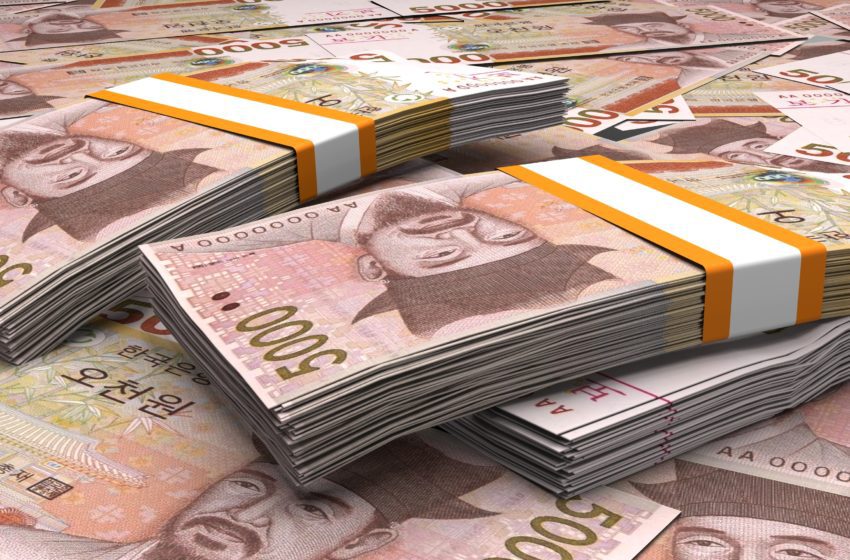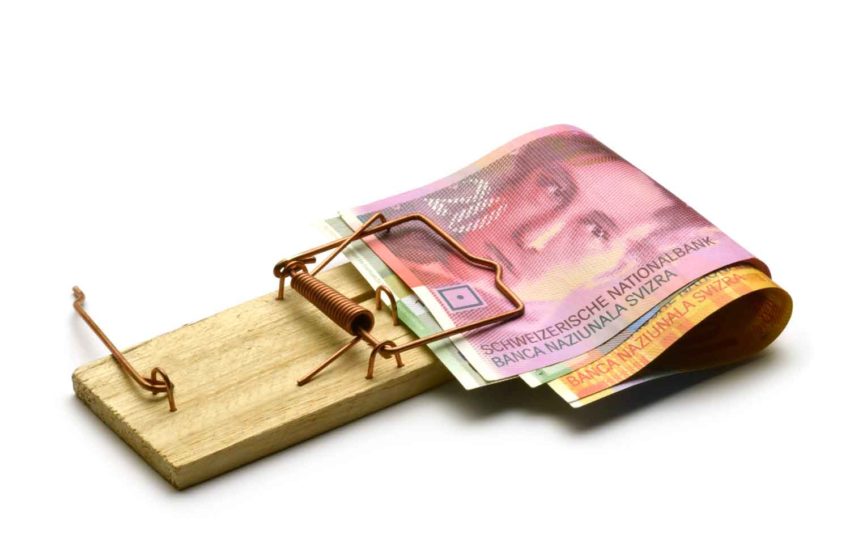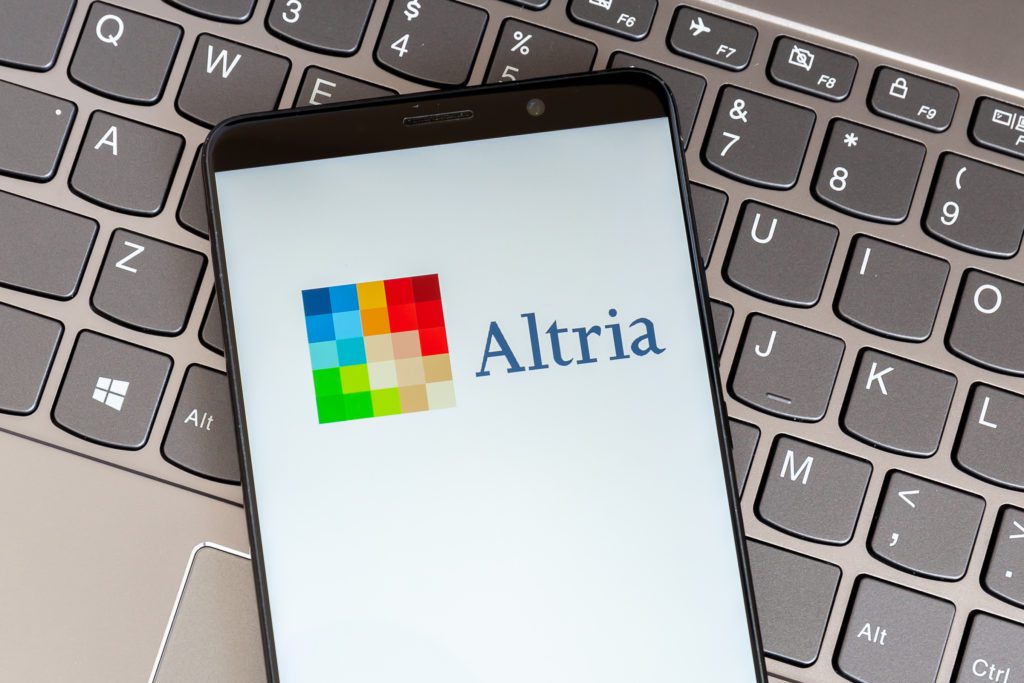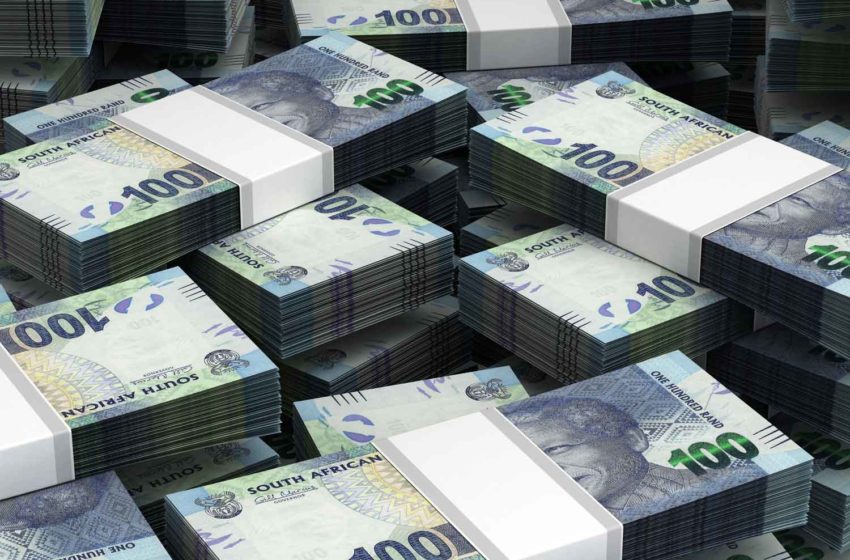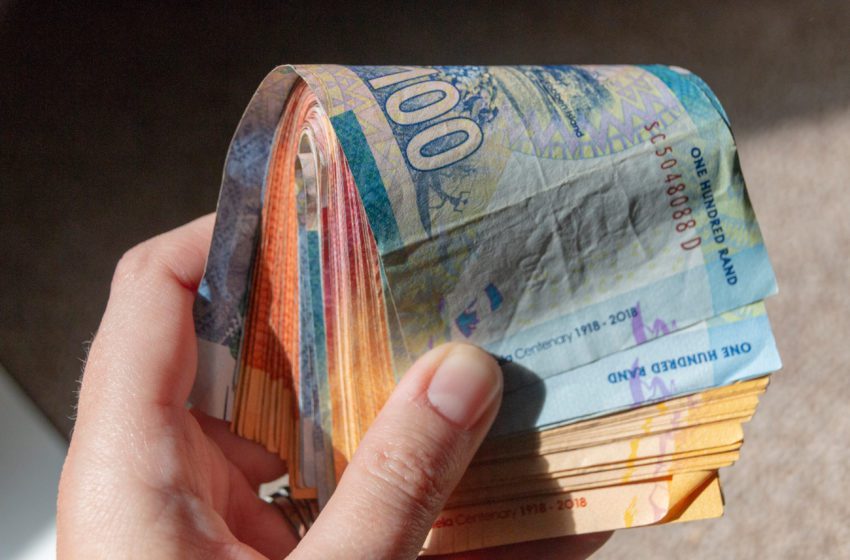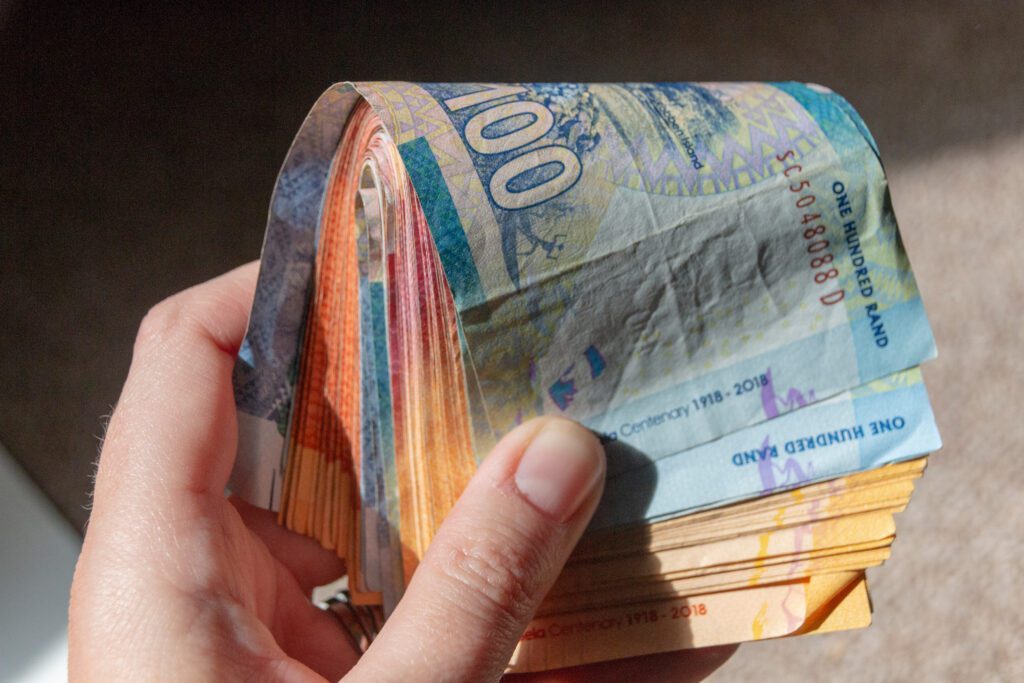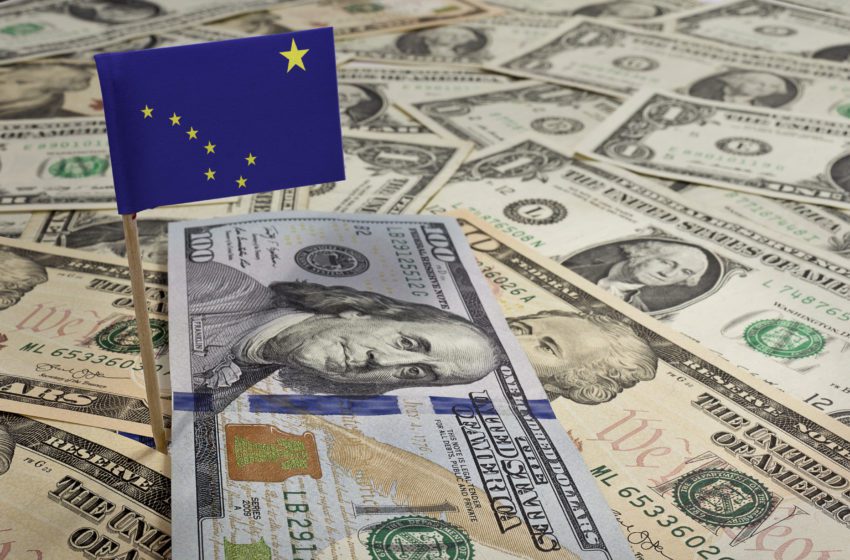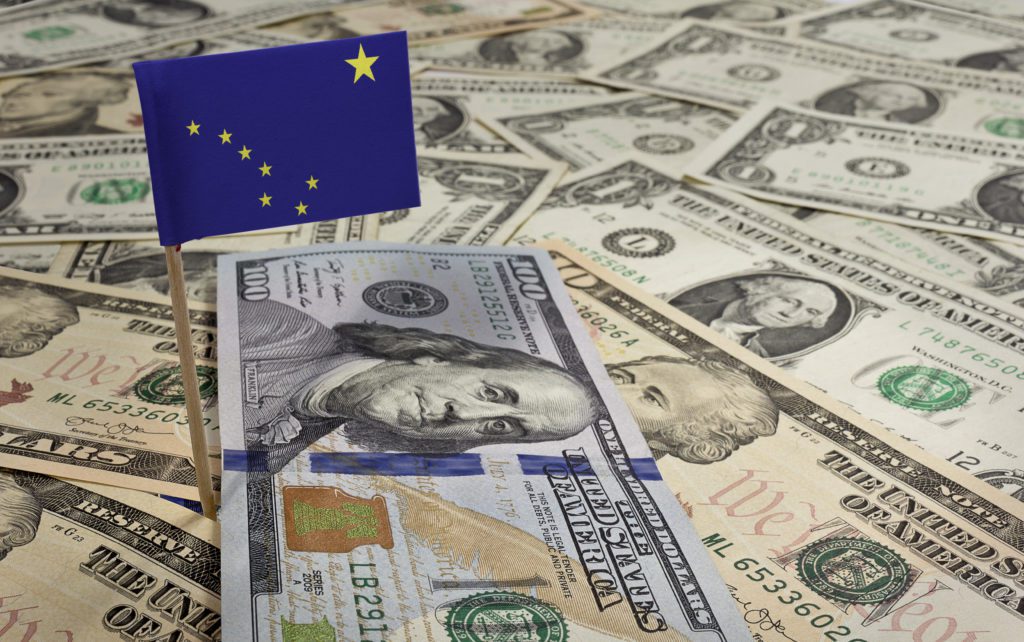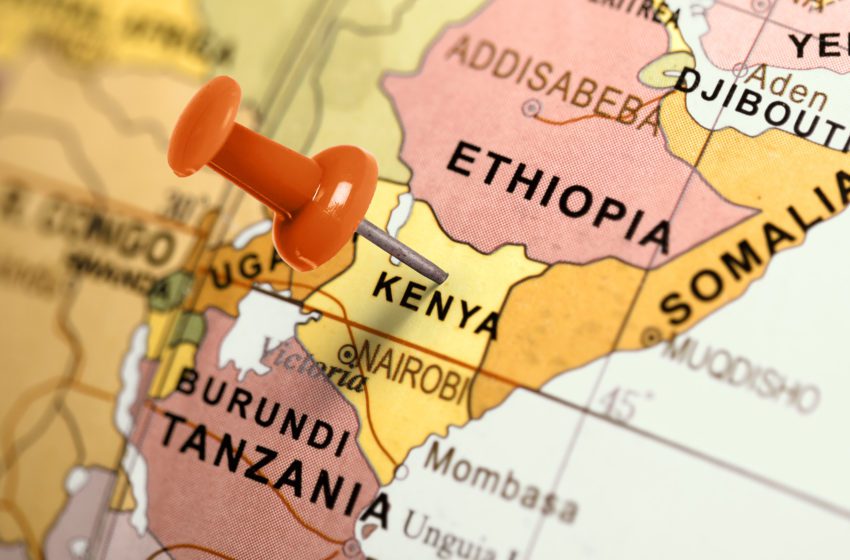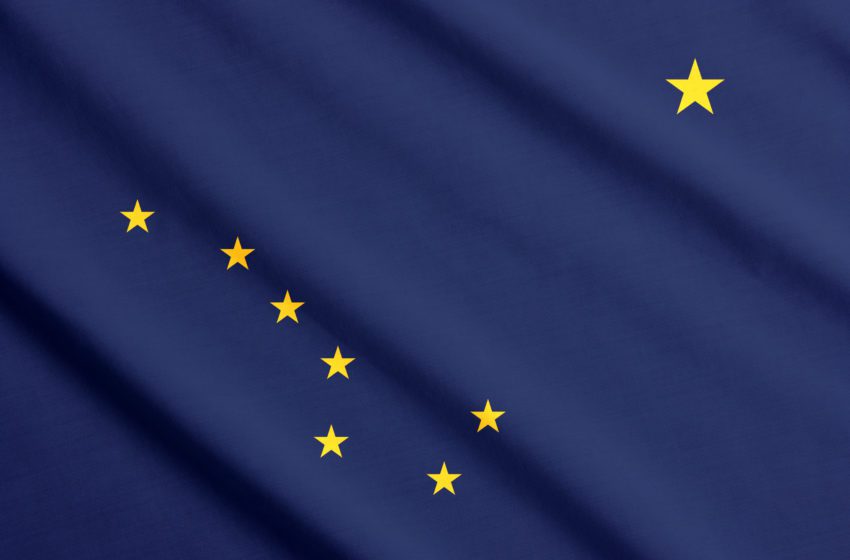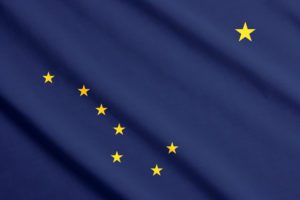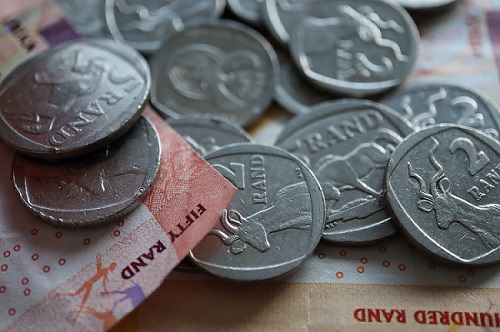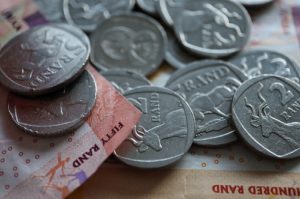The Philippine Bureau of Internal Revenue (BIR) has set a floor price for heated, vapor and other electronic nicotine-delivery systems (ENDS), reports ABS-CBN News.
The floor price for a 0.7 ml pod of nicotine is PHP131.04 ($2.29). For 1.8 ml and 1.9 ml nicotine salts, the minimum prices are PHP306.88 and PHP318.08, respectively.
Meanwhile, the floor price for a 15-ml bottle of conventional freebase nicotine is PHP207.2. A bottle that contains 30 ml of classic nicotine has a PHP352.8 minimum price.
According to BIR East NCR director Edgar Tolentino, the new guidelines will help the economy and protect the health of minors.
“BIR will have exclusive jurisdiction over taxpayer registration, setting the products’ floor price, drafting and publication of revenue regulations covering vape items,” Tolentino said.
He also said the newly appointed BIR Commissioner Romeo Lumagui Jr. has a mandate to crack down on illicit vape traders.
“We need to support the plans of the commissioner; one thing is to focus on illegal vape sellers because if smuggling persists we will be losing huge revenues from vape products,” he said.
Since 2019, the government has collected about PHP15.3 billion in vape taxes.


